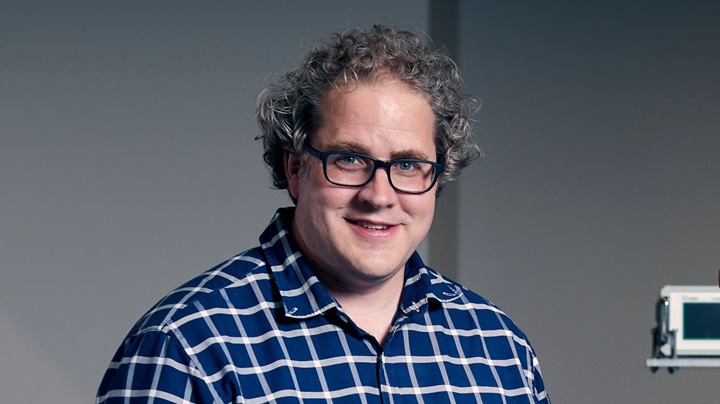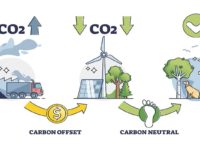Conry Tech is a start-up with an ambitious goal in mind: to cut down the CO2 emissions caused by airconditioners to as much as one million tonnes through its green HVAC technology. This week, we talk to founder and CEO Sam Ringwaldt to know more about the company’s vision and how it strives to address the challenges that entail in realising its vision.
ISB: What led to the establishment of Conry Tech?
SR: Foolish patriotism and stubborn optimism. Ron, Brenda and I have been in air-conditioning for many years. Ron invented a new airconditioning technology here a few decades ago, which we first commercialised in North America. This can now be found in virtually every commercial unit globally. We moved back to Australia on a mission to reinvent air-conditioning with an Australian manufactured product, and create Australian jobs.
ISB: Why do you think the air conditioning industry is due for reinvention?
SR: Air-conditioning is used in virtually every commercial space, but technology development in the sector moves at a glacial pace. The guidelines haven’t changed for 100 years. Most buildings use very old and inefficient units, and heating and cooling typically accounts for 60% of a building’s energy use and emissions. Whilst you might find a five-star energy efficiency rating on a label, our industry invented these standards. It is essentially marking its own homework. We want to reinvent air-conditioning to improve comfort, whilst making it much more efficient, and much more sustainable.
ISB: You had a successfully campaign with another venture in the past before the most recent campaign for Conry Tech; what made the Conry Tech campaign different as far as the funding campaign and challenges are concerned?
SR: 25yrs ago, we managed to get millions of dollars from the Canadian government, because we couldn’t get that scale of finance here. We made a big return on this investment, creating thousands of skilled jobs and generating billions in revenue to this day. Since coming back, I wish I could say that the difference is like night and day, but, we’re seeing the same old problems. It’s hard to raise serious money for hardware businesses. Investors and the government alike are drawn to software businesses that have lower upfront costs and occasionally a faster return on investment. They are reluctant to fund the hardware businesses needed to solve the big infrastructure problems facing Australia, as they are less glamorous, require more specialised knowledge, and use capital upfront, therefore they deem them too risky. We have pre-seed investment now, but it’s hard to escape the feeling that the money we need to build factories and scale the business may be easier to find abroad.
ISB: With that funding now in place, how are you making the most out of that funding for the business’ growth?
SR: Reinventing air-conditioning from a blank piece of paper and first principles required us to build every single component from scratch. Nothing is off the shelf. The technology is complicated, and it takes a lot of time and money to design the unit, let alone build and test it. The money we have raised so far has largely been consumed in R&D and building our first proof of concept units. Whilst the tech is going very well and we have trial sites lined up in commercial offices and universities. Realistically, we need more funding to finish testing and prepare for commercialisation.
ISB: What is your vision for Conry Tech in the next couple of years?
SR: In the next 24 months, we will hopefully have a seed round and series A in the bank. When the trial sites have proven the technology publicly, it will be a matter of scaling up the business and manufacturing a finished product to meet the needs of our potential customers. Australia’s top commercial construction and real estate businesses are already engaged and exploring installing our tech in their existing sites, and we are also in discussions with other sectors such as data centres and defence. There we aim to have established manufacturing here in Australia, and have begun to disrupt this critical, but slow-moving industry.
















